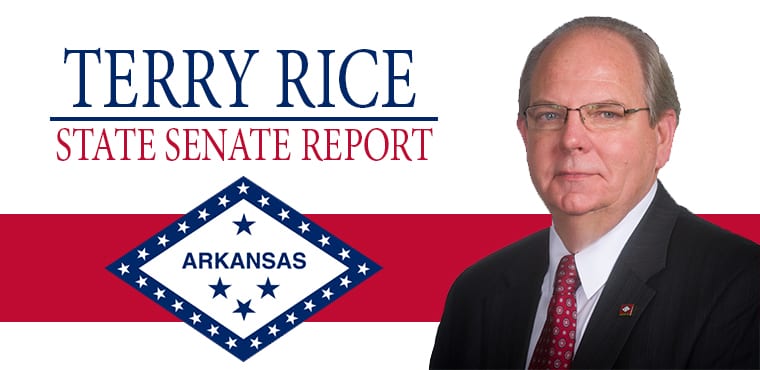LITTLE ROCK – Arkansas won a long and hard-fought legal battle against large pharmaceutical manufacturers when the United States Supreme Court let stand a lower court ruling in the state’s favor.
The decision means that Act 1103 of 2021 is constitutional and remains in effect. “This is a big win for Arkansas’s drug access law,” the state Attorney General said in a statement after the Supreme Court ruling.
In essence, the Supreme Court upheld Arkansas law that allows hospitals to use contract pharmacies without financial penalty, under a federal drug pricing law commonly known as the 340B program. It requires pharmaceutical companies to offer discounts to eligible hospitals in order for their drugs to be on the approved list of drugs paid for by Medicaid and Medicare.
Some hospitals pass along the savings to patients, while others use the savings to pay physicians and nurses, or to expand services. The Supreme Court has noted that “340B hospitals perform valuable services for low-income and rural communities…”
A few years ago pharmaceutical companies began refusing to offer the discount to drug stores under contract with hospitals. The manufacturers would only offer the discounts to in-house pharmacies located within hospitals, a development that had a significant financial impact on many hospitals.
Only four percent of hospitals use their own in-house pharmacies, according to evidence entered in the case. More often, hospitals contract with pharmacies all around the state, which means that patients who have been treated in a Little Rock hospital don’t have to return to Little Rock to get their prescriptions filled. They can get their prescriptions at a contract pharmacy closer to their hometown.
Act 1103 of 2021 was a bipartisan bill, with sponsors from both political parties. It passed the Senate by a vote of 35-to-0.
Pharmaceutical manufactures quickly sued the state Insurance Department, alleging the Act 1103 was unconstitutional and that it was an attempt by the state to pre-empt federal regulations and that it violated federal patent law. A federal judge in Little Rock ruled in favor of the state and his ruling was upheld by the Eighth Circuit Court of Appeals in St. Louis.
Also, some pharmaceutical companies argued that some hospitals used the discounts to boost profits, rather than to add services or lower prices for patients.
By refusing to hear any further appeals, the U.S. Supreme Court affirmed the lower court rulings and essentially declared Act 1103 to be constitutional.
The Insurance Department said earlier this year that 23 of 32 listed pharmaceutical manufacturers are now in compliance with Act 1103.
The original legal challenge was filed by a trade group, the Pharmaceutical Research and Manufacturers of America, also referred to as PhRMA.Arkansas was the first state to enact a law requiring pharmaceutical manufacturers to offer equal discounts to contract pharmacies. Louisiana followed suit in 2023 and in 2024 six other states have enacted similar laws.






